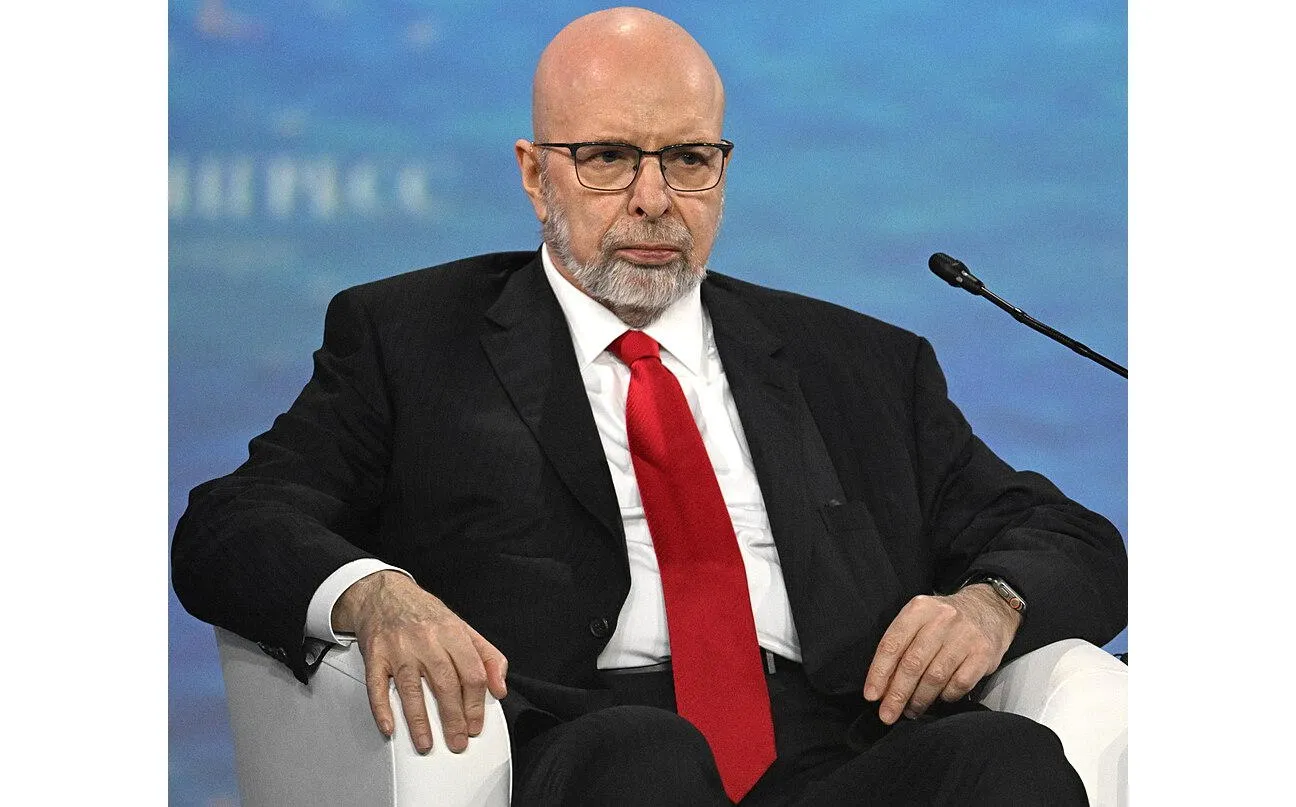Paris, Sept. 20 (Nouvelle Solidarité) – On Sept.19, CGTN’s program Zoom In asked Karel Vereycken, vice-president of Solidarité & Progrès political party in France, to comment on the creation of the British-Australian-U.S. strategic partnership, AUKUS, and Australia’s ditching of the submarine contract with France.
The program can be watched at https://www.cgtn.com/tv - Sept. 19, 11 PM Zoom In, at min46.
CGTN : France on Friday recalled its ambassadors to the United States and Australia in a ferocious row over the scrapping of a submarine contract. Will the tensions further escalate between France and its allies?
KV : Well, the president of my party and my friend, former presidential candidate Jacques Cheminade says we should not weep over this affront, but use the occasion “to get our act together.”
“If we do not react to an affront and seize the opportunity to revolt” he says, “we condemn ourselves to an unworthy submission.” Cheminade also notes that our so-called allies seem not to have understood anything after their NATO debacle in Afghanistan, since a new cold war and a new arms race, which what this new security pact means, will only lead to more destruction and risk of monstrous destruction. The French people are fed up with these humiliations, but the French government, while doing symbolic gesticulations, has not yet shown a clear will to break with NATO and the U.K. which they still consider a partner for some kind of European autonomous security. And by focusing all the anger on Biden and not even recalling the French ambassador from London, the French government is covering up the fact that it was mainly the U.K. and Global Britain which brokered the deal. With Cheminade, I say that the NATO alliance and the 2010 Franco-British Lancaster House treaties have lost any meaning. But France should also stop playing its own Indo-Pacific geopolitical game against China and Russia. Its policy should be a policy of non-alignment based on mutual development with all, and not against one or another.
CGTN : What do nuclear-powered submarines mean for Australia and the Asia-Pacific region?
KV: It is historic. The only precedent was 1958, when the U.S.A. decided to equip the British Navy with American nuclear submarine technology, followed by equipping them with nuclear weapons. It was that policy that caused French President Charles de Gaulle to decry the “Anglo-Saxon” nuclear cooperation and propelled France to develop its own nuclear capabilities. Technically speaking, nuclear-powered submarines allow very long and discreet missions, rather than ordinary naval surveillance. It means that Australia becomes a stick for London and Washington, ready to strike China, which is considered a threat, in the South China Sea and in Taiwan. For the world, it means a violation of the Nuclear Non-Proliferation Treaty (NPT), at least in spirit, which Australia had signed in 1973.
CGTN : Do you think Australia’s nuclear submarine fleet would cause a nuclear arms race in the region?
KV : Yes, it completely opens a nuclear Pandora’s box which can go in all directions. The immediate thing to watch will be North Korea, already going ahead with its nuclear program and pushing conservative South Koreans to call for the development of their own nuclear deterrent.
Japan, which is a member, with India, of the “Quad” over which Biden will preside next week, welcomed the creation of AUKUS. Which is not a good sign. However, several nations of the region are very worried, especially Indonesia, Singapore, and also New Zealand. They don’t want the Indo-Pacific region to become the theater of some geopolitical showdown destructive to all.



